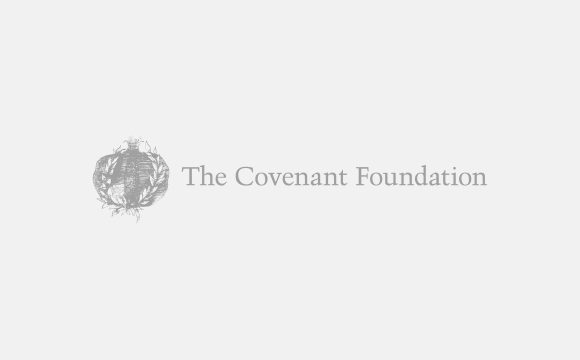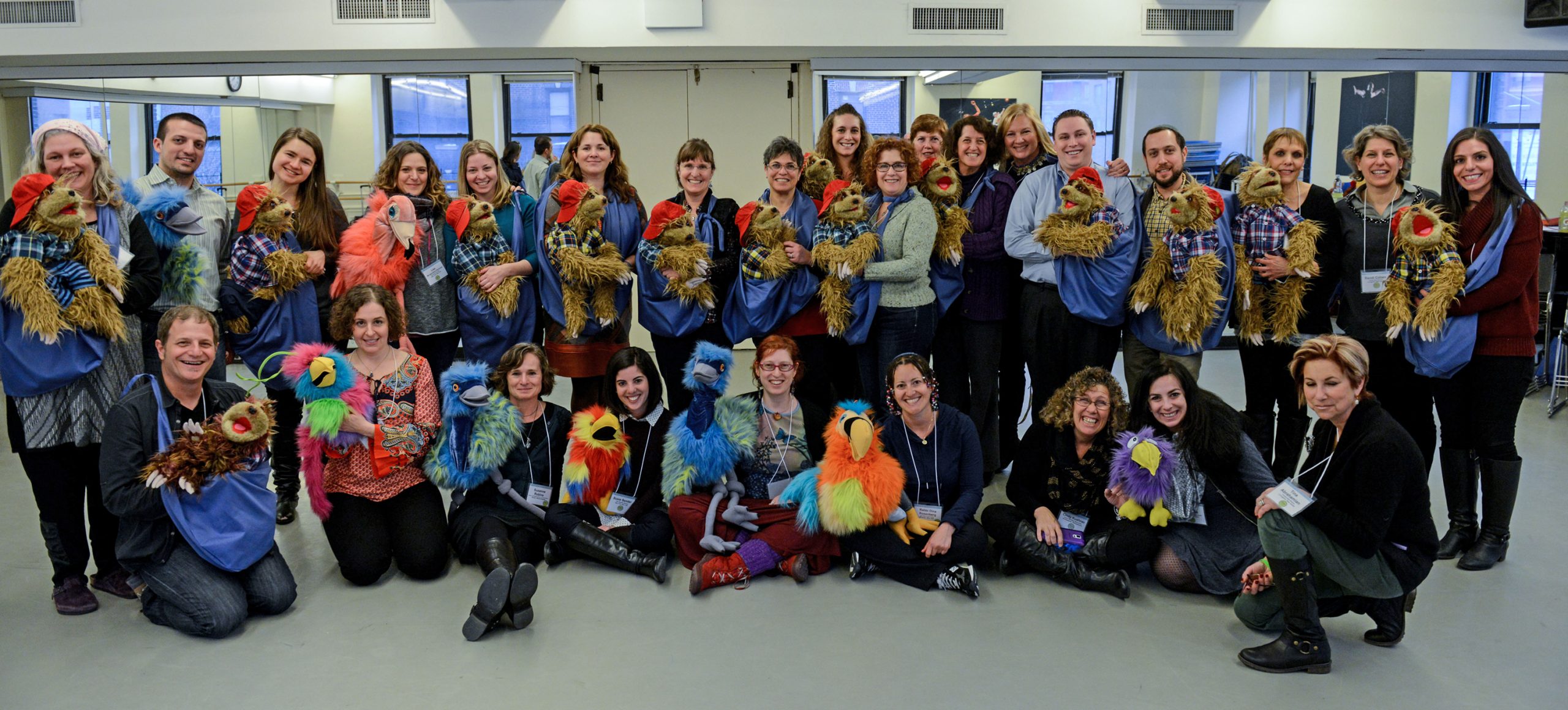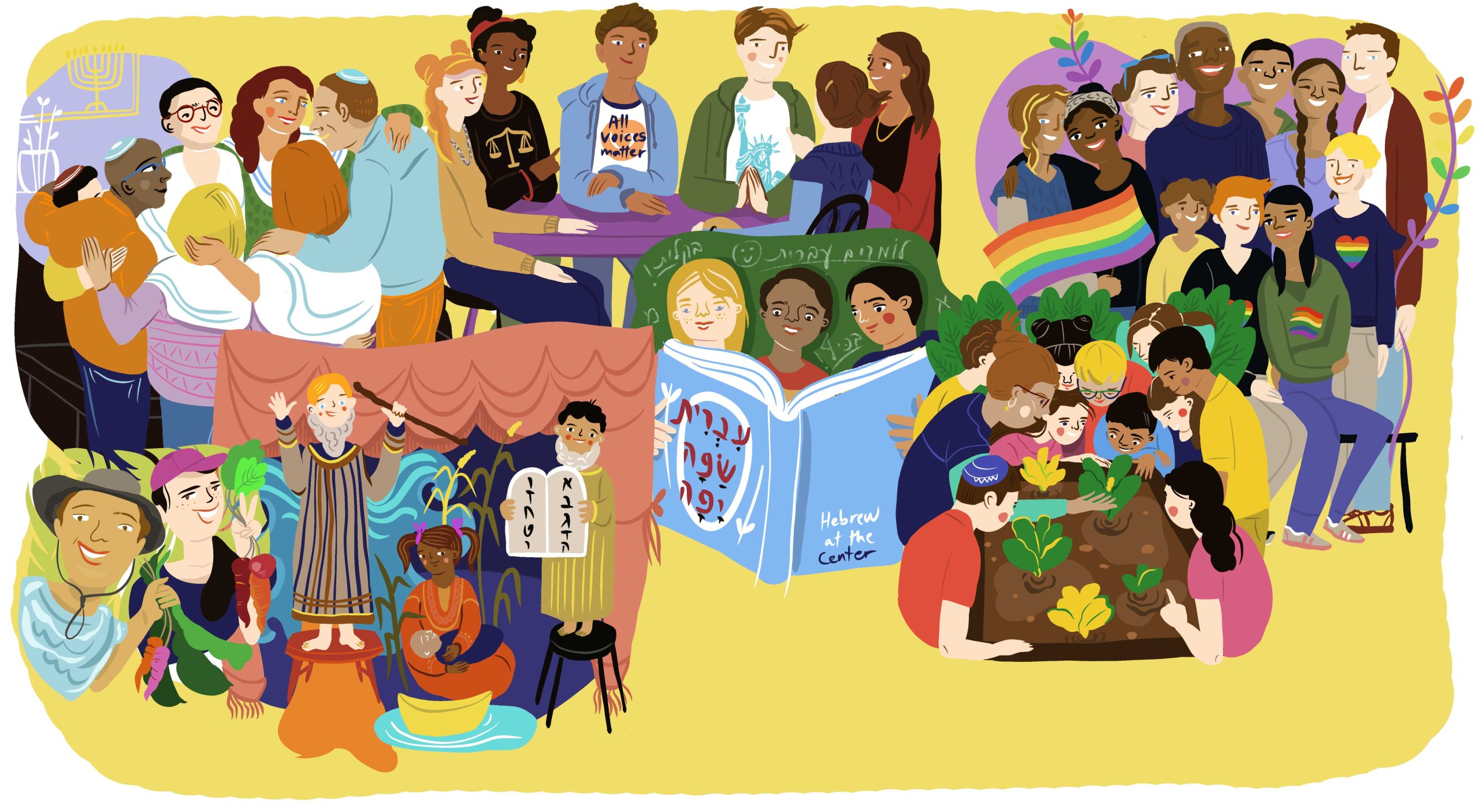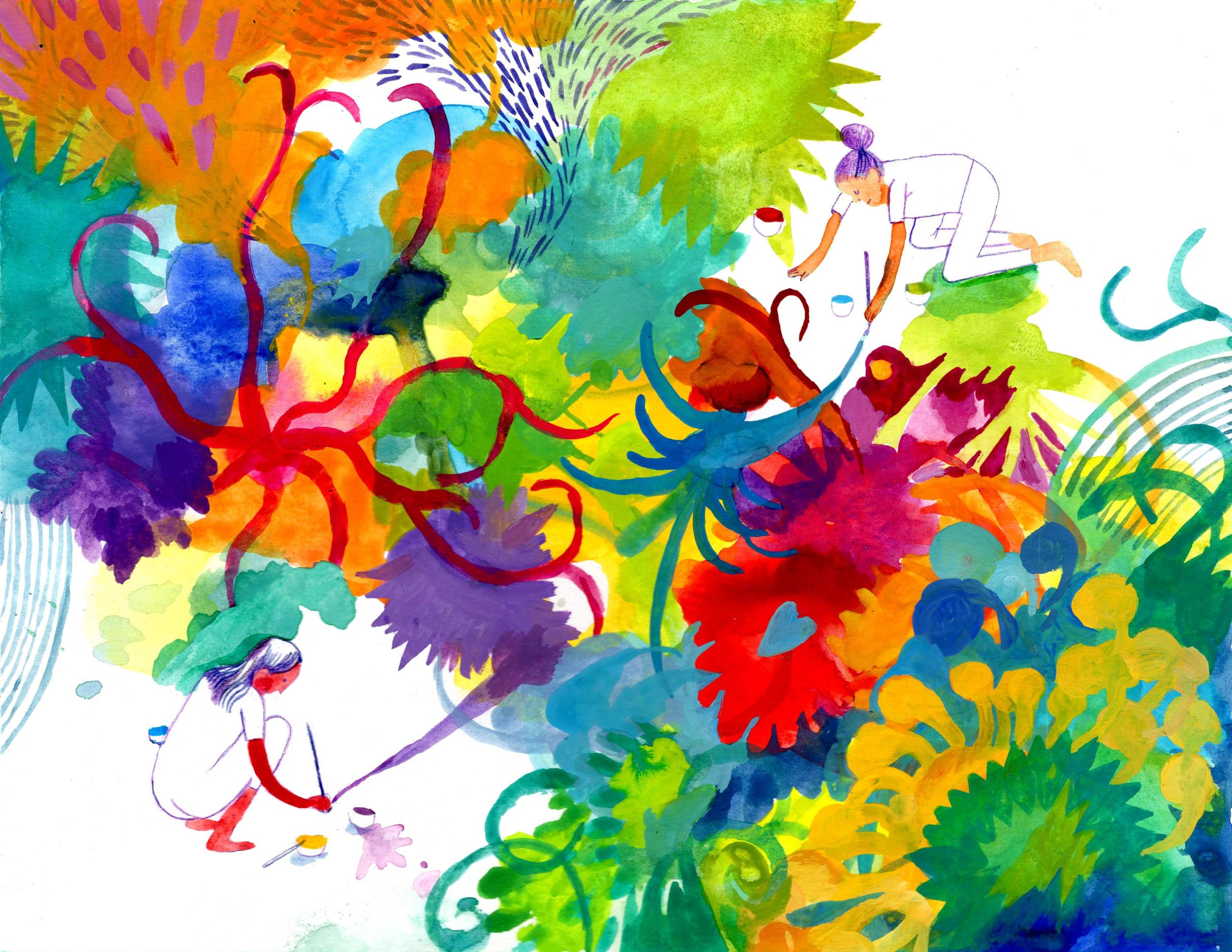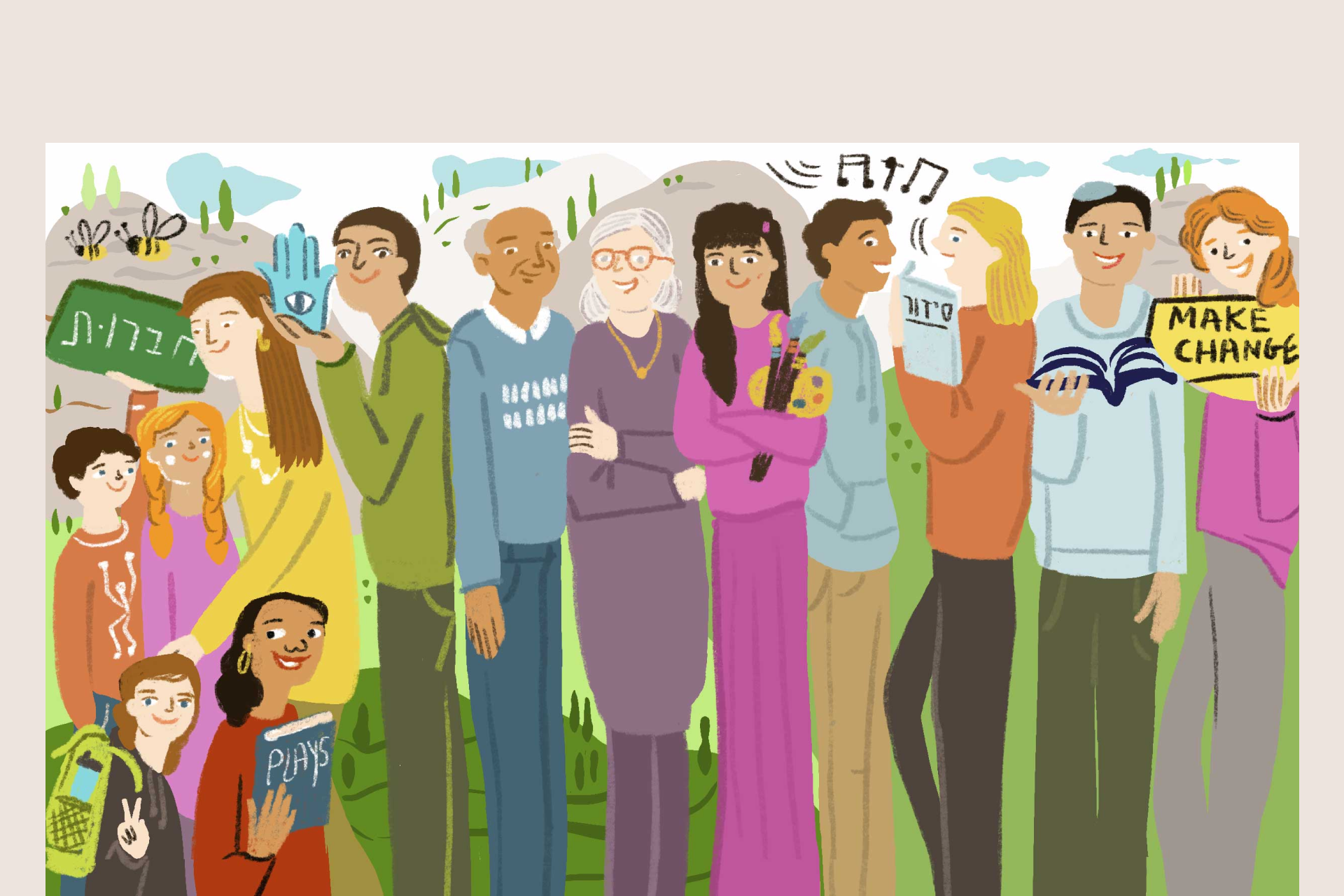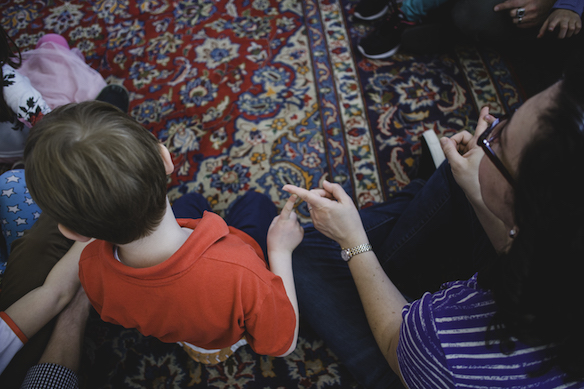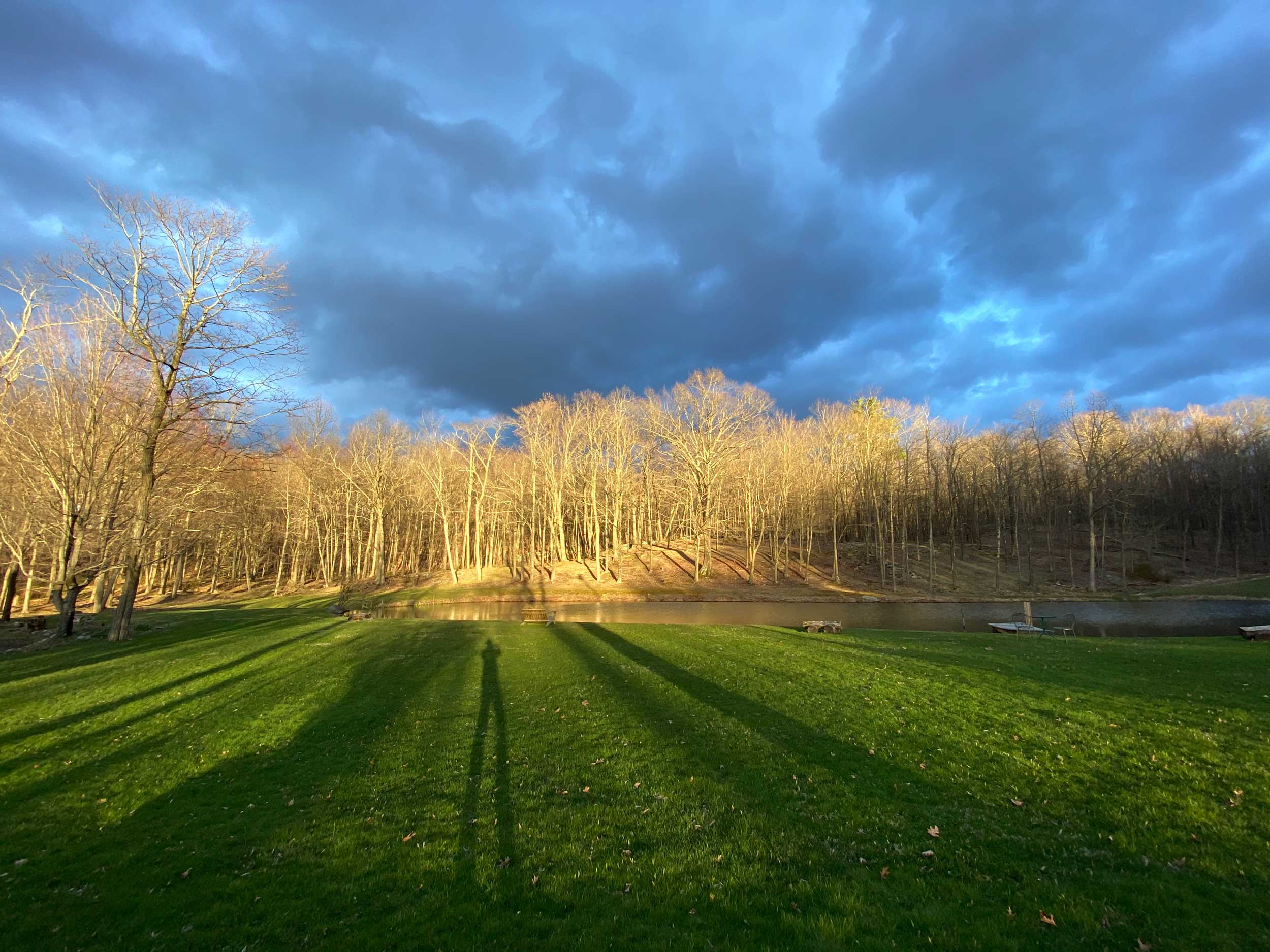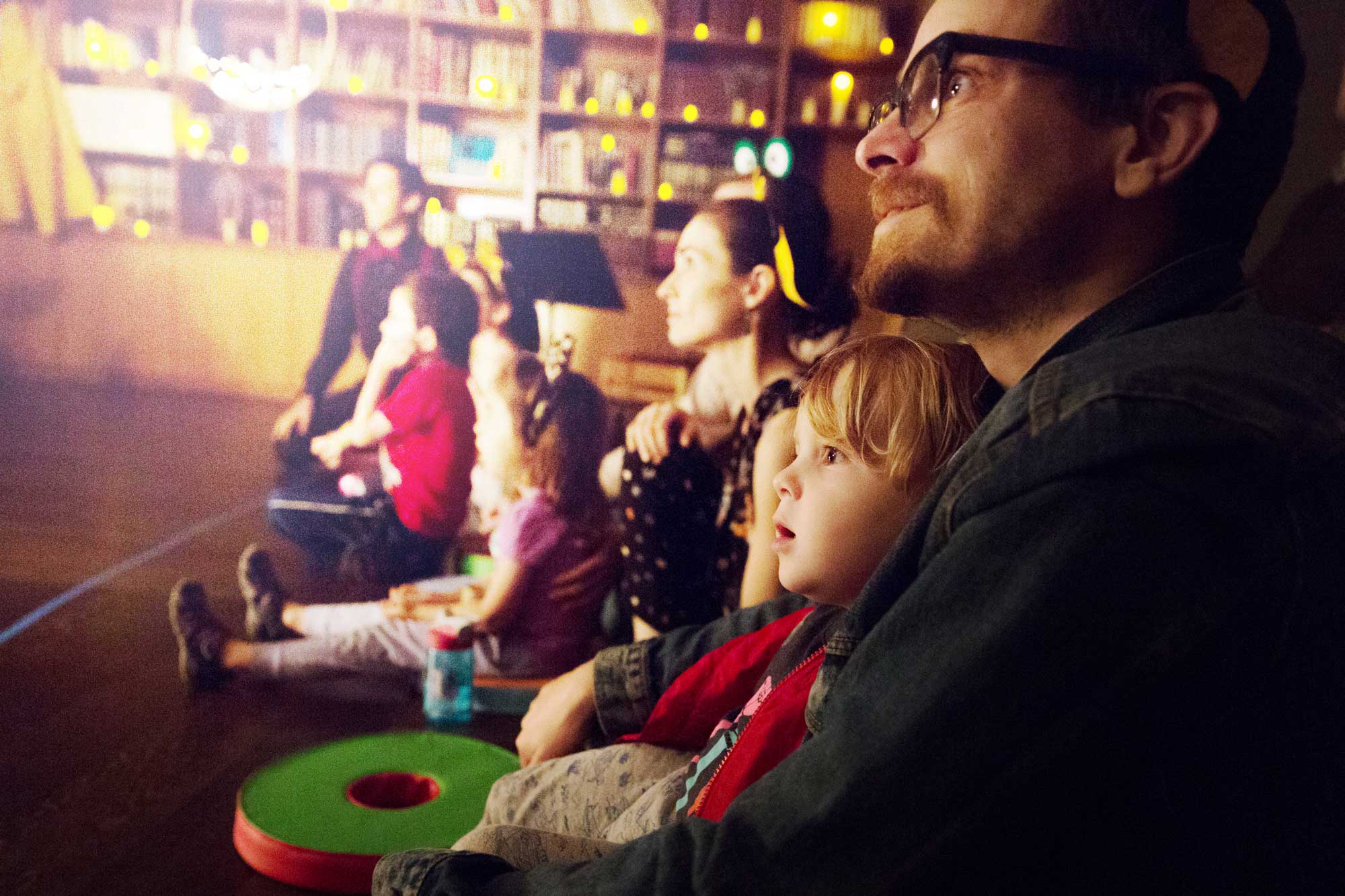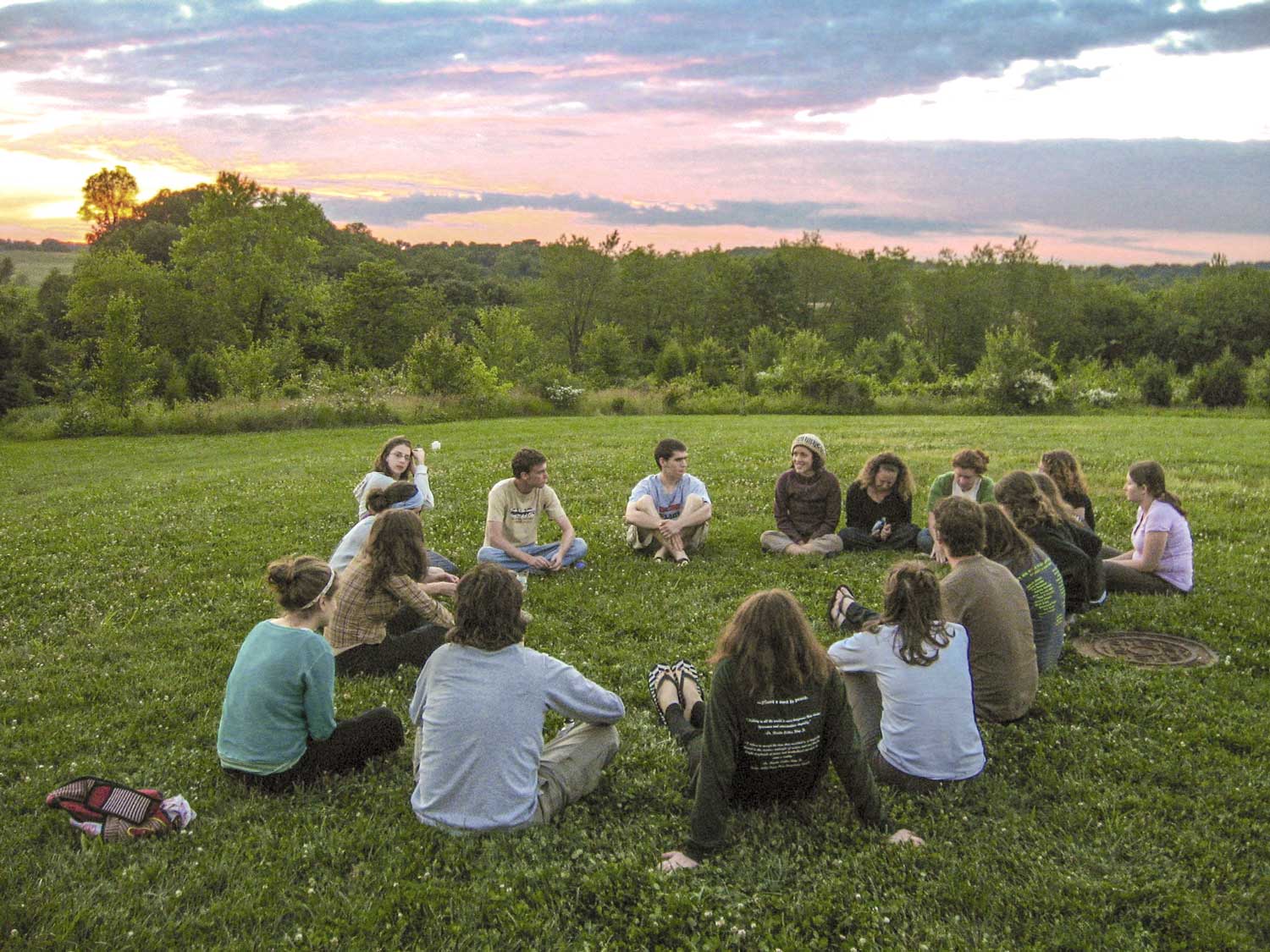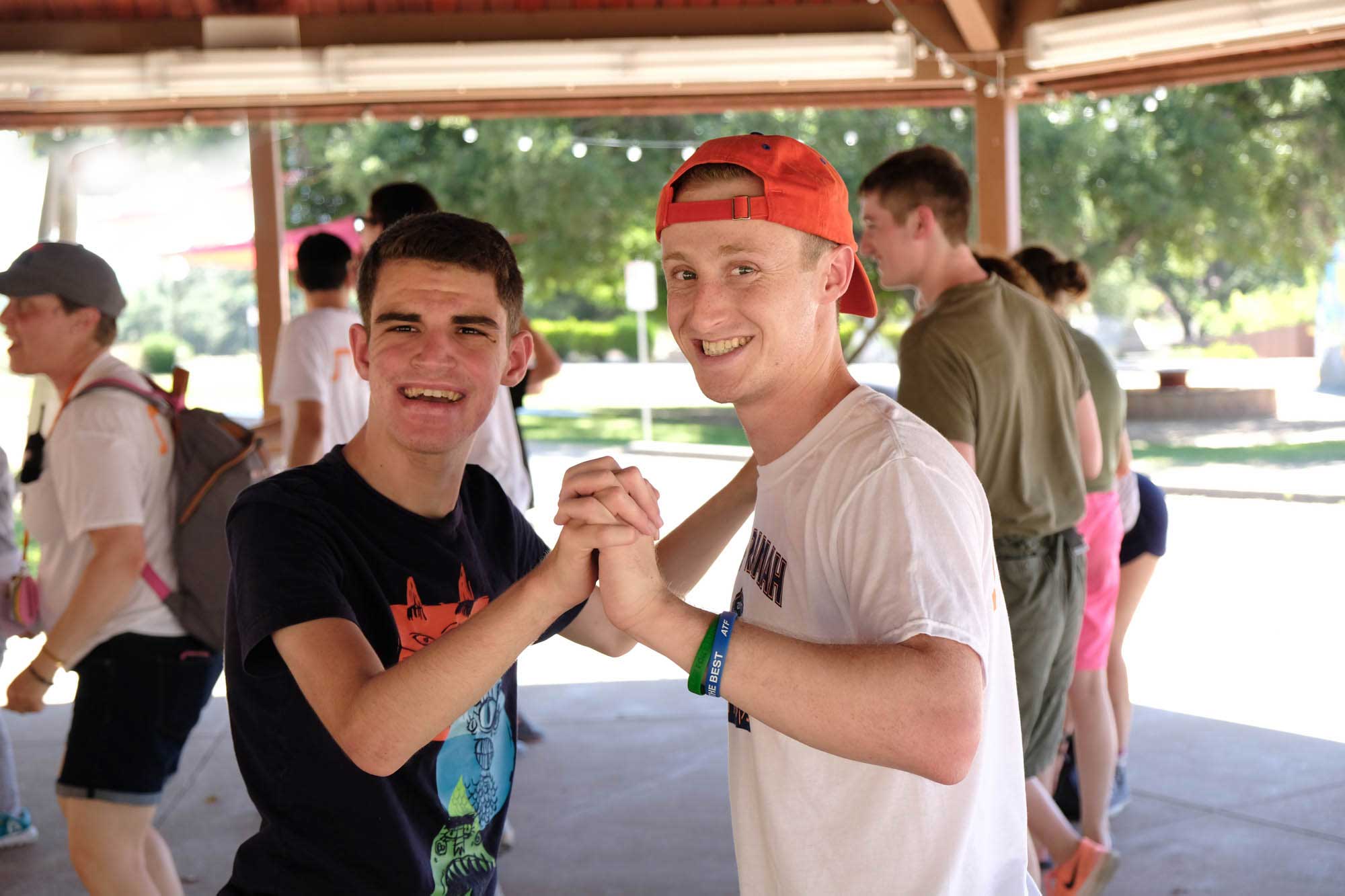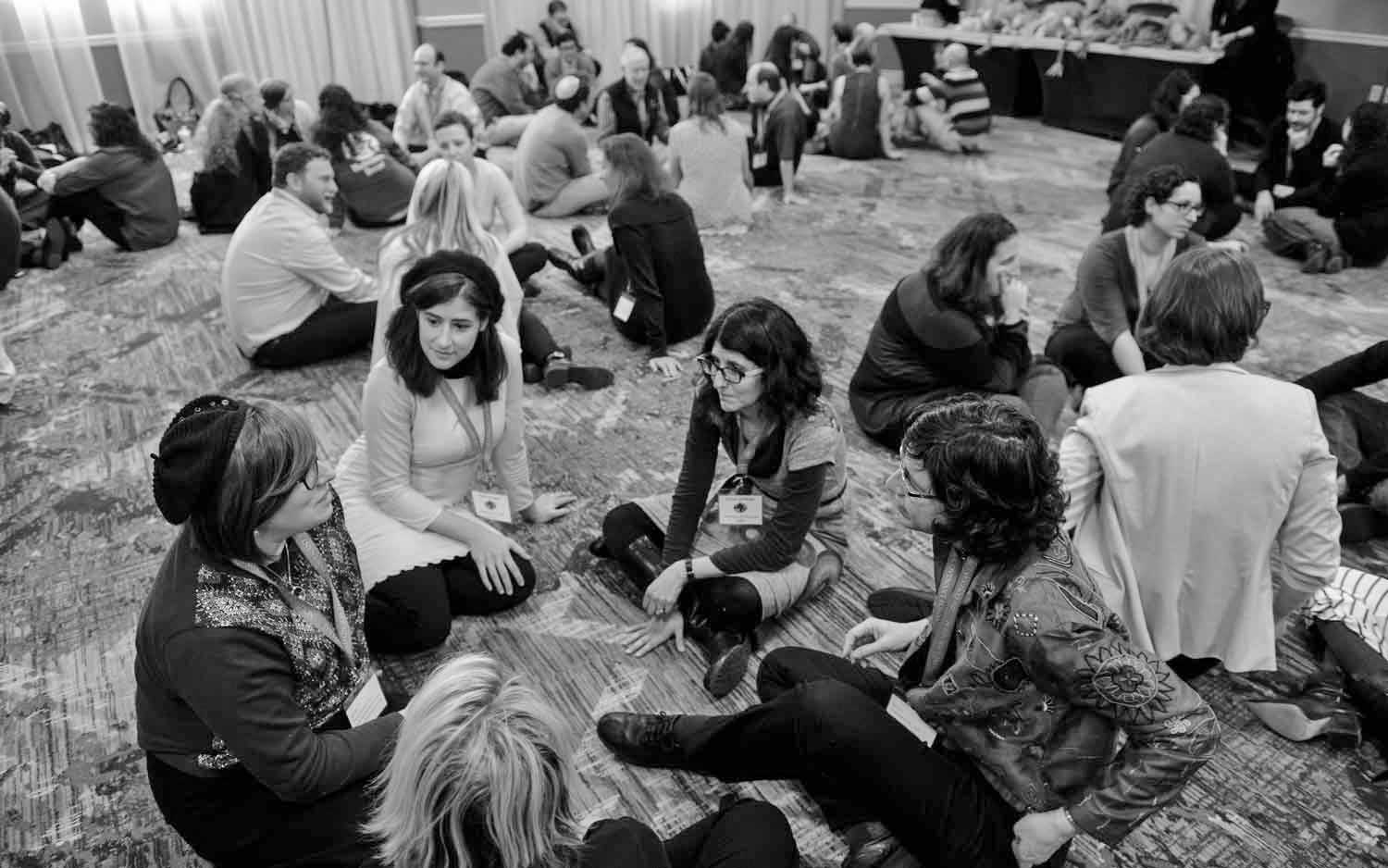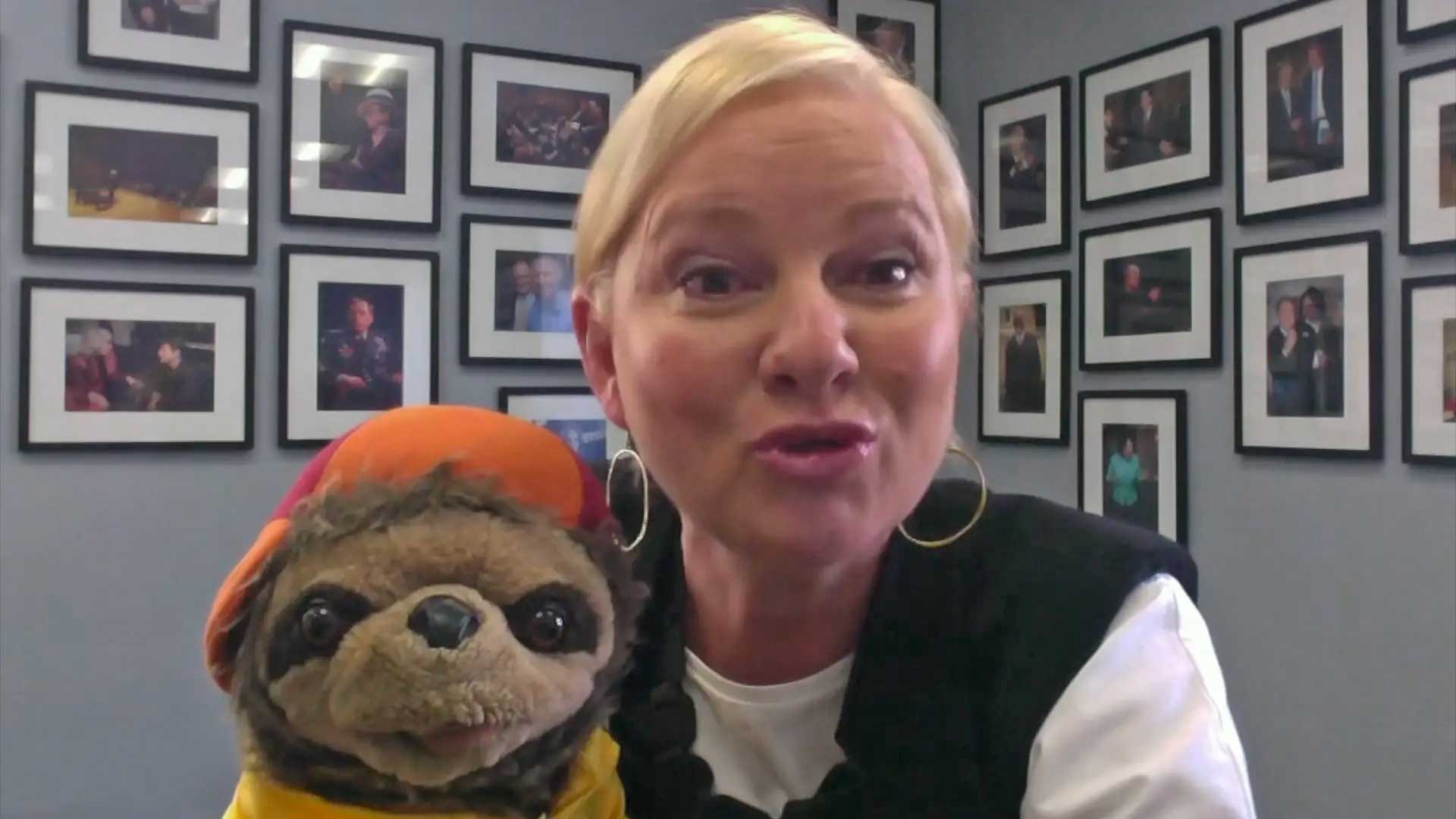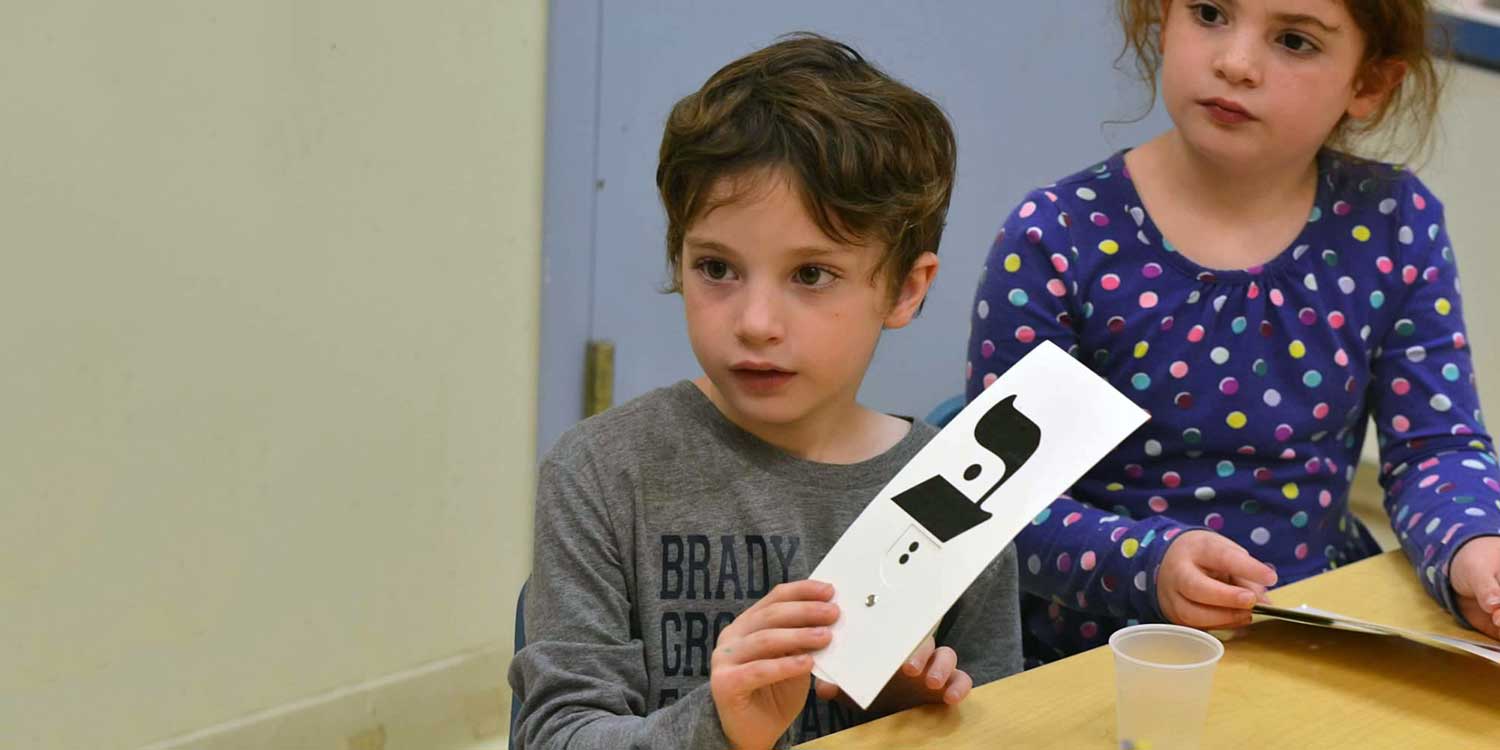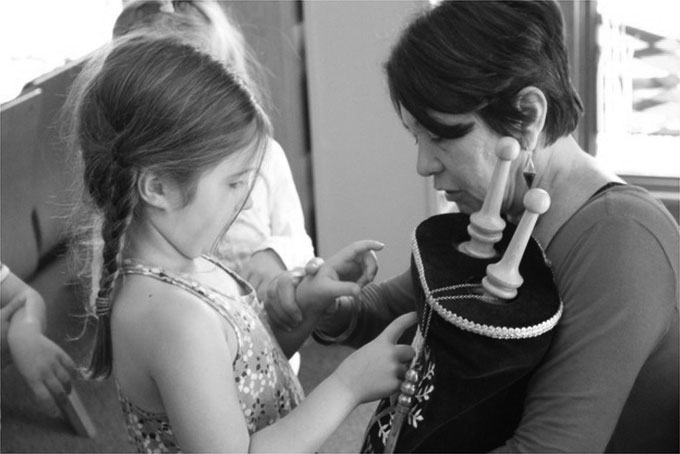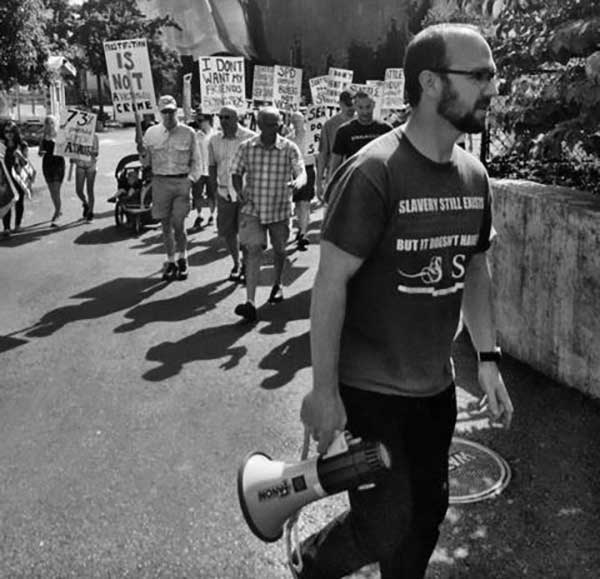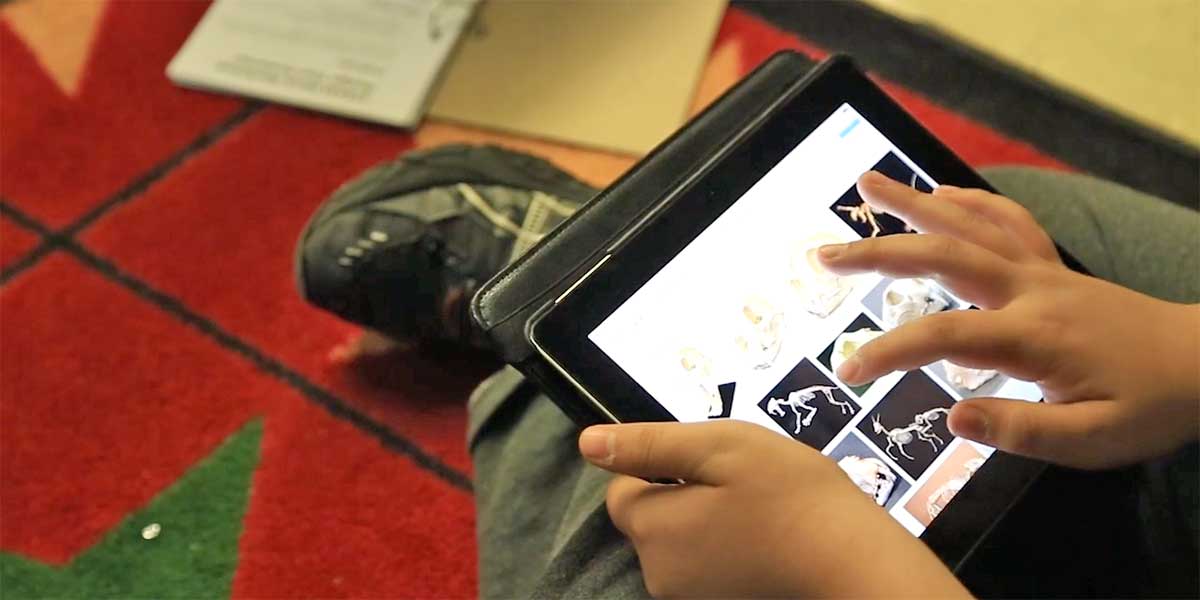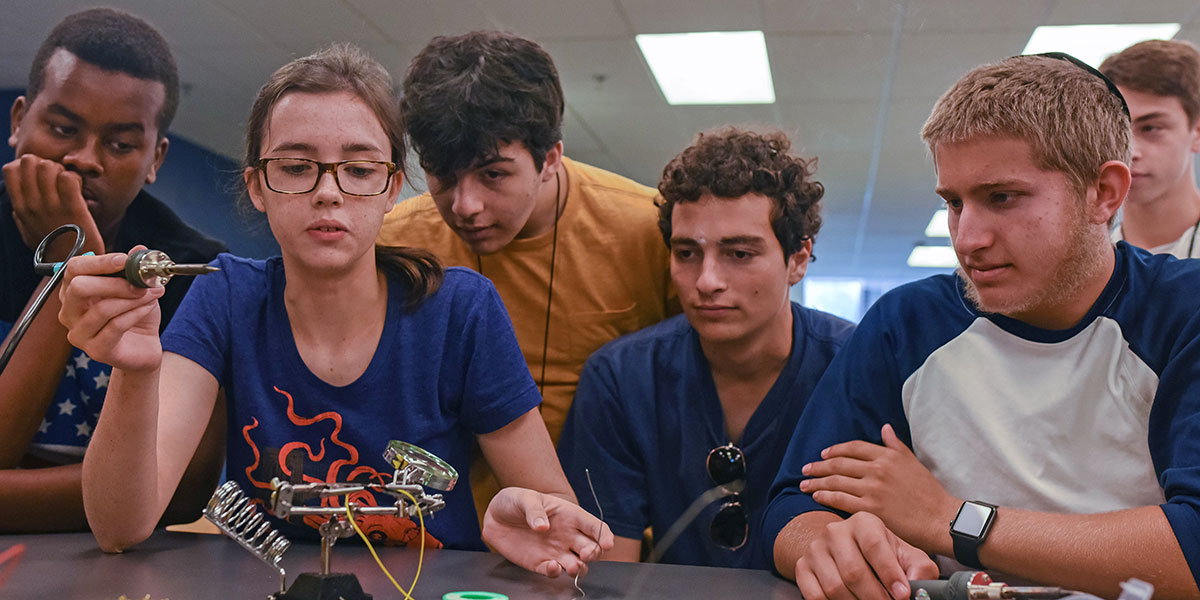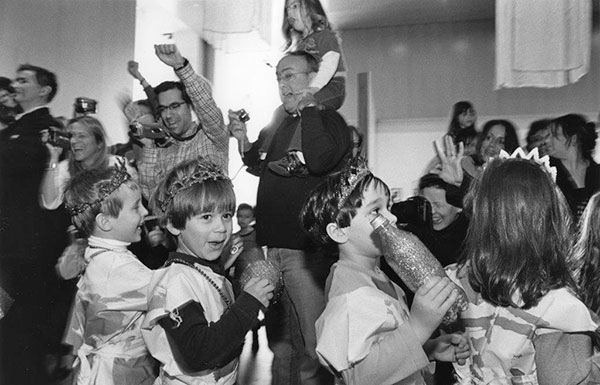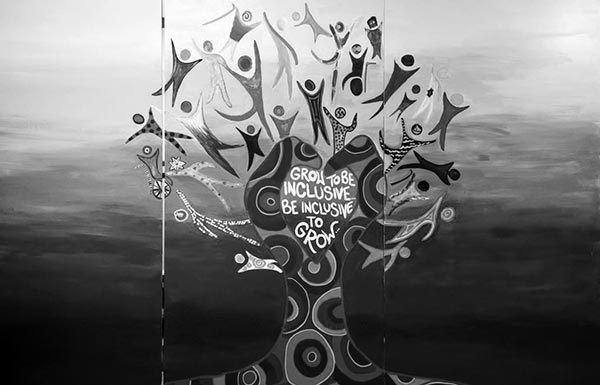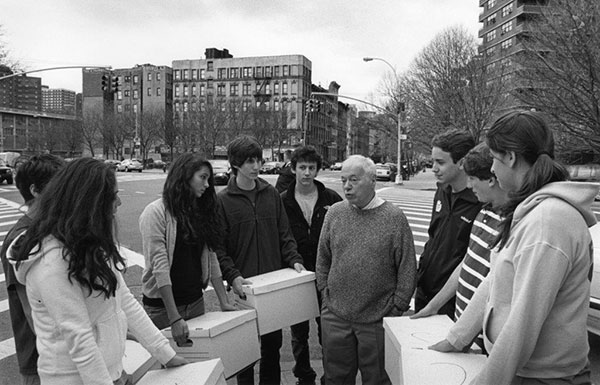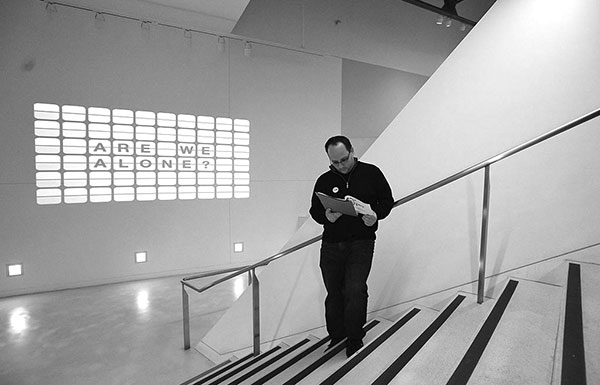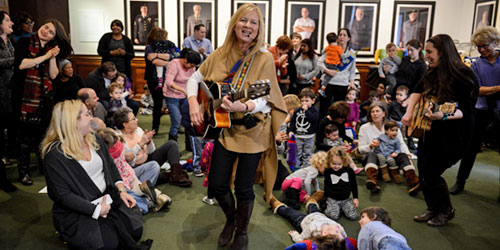
ARTICLE Becoming An Enchanter, Through the Shababa Approach: An Interview with Karina Zilberman
“Who owns Jewish life?” asks Karina Zilberman, Director of 92Y Shababa Network, Founder of the Shababa Approach and a 2012 Covenant Award Recipient.
Zilberman answers her own question. “Nobody and everybody,” she says. “No one person is the owner of the success of a program. Rather, if something resonates, we should share it, and share it in a way that inspires people to go and make it their own.”
Zilberman is referring to the success of Shababa, a brand of intergenerational Jewish family experiences she created for 92Y community, within the Bronfman Center for Jewish Life. What began in 2007 as a few children and their caregivers sitting on the floor with Zilberman in 92Y lobby on Friday mornings has evolved into multiple programs drawing hundreds of participants each week. With puppets Coco the Sloth, Bubby Bracha and Todah at the helm, and with music that’s catchy not just to toddler ears but adult ears as well, Zilberman and now along with her colleague Rebecca Schoffer, the newly-appointed Director of Jewish Family Engagement, have sustained an openhearted joyous atmosphere of Jewish celebration, each and every week.
Reflecting back on the success of Shababa and the newly-formed Shababa Network, which trains educators, clergy and lay leaders across the country to bring Shababa-like experiences to their institutions, Zilberman considers the alternatives.
“You know,” she shares, “we could have franchised it. We could have said, here are the songs, the CDs, the puppets, and it’s all in a box, follow these instructions.” But she explains that her team at 92Y decided to go another way, because they don’t believe that handing the program over in a box would have been sustainable.
“I don’t want to be a leader who only motivates others. If you want to help communities build a habit, then you need to inspire, motivate, and transform leaders.”
“I think that 92Y understood that we needed to make a shift,” she continues, thinking back on the early days of Shababa. “Instead of just listing a course in our beautiful catalogue, we needed to also meet people where they were at. When I started, I just wanted to make myself available. I had nothing to lose. So I sat in the hallway, and I tried to draw people in. If you make yourself available, you open yourself up to hearing what people want. But if you have an agenda in your head for what “should” happen, that will come across clearly and stymie the natural process.” she adds.
From sitting in the lobby to co-leading programs including Shababa Fridays and Saturdays, Shaboomers singing groups with seniors, Shababa Sparks clubs with older kids, Shababa Pajama Havdalah, High Holiday Family services, Shabbat picnics, dinners, and so much more, Zilberman has come to understand that the secret to success is knowing why you do what you do.
“There’s a Ted talk by Simon Sinek,” she shares. “He wrote a book called Start with Why in which he explains that the most important thing is to understand why you, yourself, are engaged in the work you’re doing. Not to focus only on the programmatic aspect of things, but to be very present in the actual doing of the work.”
So what is the “why” for Karina Zilberman? “I believe that if a professional is connected to why they do what they do, they will be connected to their beliefs,” she explains. “And it is in those beliefs where magic resides. And when an educator or a rabbi or a cantor is connected with that magic, they become enchanters.”
“I was enchanted by 92Y when I came here,” she continues. “I was enchanted by the spirit of this place and I really wanted to contribute.”
Contribute she has, and then some. All of the Shababa groups are vibrant, living, breathing communities, which avail so much more to their participants than solely the programmatic aspects of Shabbat celebrations. For the Shababa Mamas, a vocal ensemble of 24 women who sing together at venues including hospitals and shelters, the gathering has provided emotional support in times of sickness, new friendships and shared interests.
“There is a Shababa Mama who joined our group ‘just to sing,’” Zilberman shares. “She told me she didn’t want any new friends, just a place where she could sing. I told her of course, she was welcome. And then, at some point, she became very ill. And this group was her primary support. We laugh about it now—she says, ‘I never understood the power of community until now. I have a lot of friends, but the way the Mamas took care of me was a true communal embrace.’” This same Mama has now found herself at the center of the Shababa Mama activities, co-writing with some other Mamas all the lyrics for their original songs.
“You know, in a way, the experience of singing together, looking into each other’s eyes, breaking down the walls that exist between people, is reminiscent of the Martin Buber idea of the I-Thou,” Zilberman reflects. “There’s the ‘You’ and there’s the ‘Me,’ but if we look at the space in between us as fertile ground, and it’s cared for by us both, then we can build a bridge across it.”
Sometimes, those crossing the bridge toward community might never have expected to find themselves on the other side at all, like the 80-100 nannies who show up with the kids for Shababa Fridays. “The nannies are a huge part of our family,” Zilberman says. “We wouldn’t be able to reach the heights and energy of Shababa without them, without their sense of spirituality.”
Zilberman and Schoffer think of the nannies as shlichot mishpachot, or family emissaries, to the Shababa mission of family experience. “Parents have told us that they come home on a Friday afternoon, and there’s a challah baking in the oven, and the kids and the nannies are singing Shababa songs together. And then the nannies tell us that they bring the Shababa songs with them to church on Sunday.”
Beverly Greenfield, Director of Media and Public Relations, adds that this kind of acceptance is built into the gestalt of 92Y. “This is a place where people may encounter Jewish culture in a way that’s very unusual, very joyous and open,” she says.
Open is a key term here. In fact, Zilberman is fond of saying that through Shababa, they are no longer just a Y that is open ON Shabbat, but rather, they are open FOR Shabbat. And they are accessible to everyone, as the Shababa experiences are free —an executive decision made several years back which has lowered the barrier of entry and allowed Shababa to attract and maintain such a large and devoted presence.
Interestingly, however, retention isn’t a concern for Zilberman and her team. “92Y doesn’t have agenda of forced retention,” Zilberman asserts. “And this is what’s so completely freeing about what we do. Rather than focusing on how we would keep people coming week after week, we focus on what happens in each individual session…and retention becomes organic.”
“Shababa inspires within people the urge to figure out what their individual journey is, whatever that might look like,” adds Schoffer. “There’s no prescribed next step…and the recipe is that there isn’t a pre-determined recipe.” Rather, she adds, Shababa is a live organism, always shifting and changing. “You never know what a group might need on a given day,” she says, but we try to listen to people, and improvise, and meet them wherever they are.”
Improvisation and being comfortable with the creative chaos and messiness of running a large event with lots of kids is something Zilberman spends time talking about in the Shababa network, a community development platform created with the assistance of a Covenant Foundation Signature Grant in 2014.
With an annual summit, one-on-one consultations, webinars, a personalized toolkit (including puppets, tutorial videos, educational toys, a guidebook and more) members of the network provides educators and their organizations with an opportunity to share ideas, best practices and strategies for community engagement, all informed by the Shababa approach.
While the network is still new—they launched the pilot in 2014—its success may already be counted by the outcomes thusfar.
“One of our partners in the network is a cantor at a synagogue in Florida,” Zilberman shares. “She chose to incorporate her puppet into a conversation she had with a family who were in the process of converting their children. She reframed her approach to the conversion process through what she’s learned by being part of the Shababa network. Did I tell her to do that?” Zilberman asks rhetorically, “No, but through the network she found the tools she needed, as well as the freedom to use those tools as she saw fit.”
From synagogue boards that are reconfiguring the way they approach board meetings, to Upper West Side day schools that are revamping their morning t’fillot, members of the Shababa network are taking the raw materials of this philosophy and making it their own, which is exactly as Shababa intends. (The Shababa Network is now accepting applications for its next cohort; the forms are online and the deadline is August 10th.)
“I trust them before they trust me,” Zilberman says, paraphrasing the idea of another big-name thinker, the Silicon Valley marketing executive Guy Kawasaki. “Trust your community, give them the approach, and see what happens…default to ‘yes.’”
And don’t forget the follow up. “Part of the approach,” Zilberman is quick to add, “is the follow up. This might happen at a coffee shop, after the program, or it might happen when you’re having breakfast with someone the next day. Shababa doesn’t start or end when the program starts and ends. Shababa involves knowing people’s names, and maintaining relationships with them. If we were limiting our work to the moment when we are scheduled to be with the group, and not considering all of the time outside of that moment, we would be creating a programmatic mind that is wearing the costume of a community, but isn’t really fostering a true community.”
In an original song called “Hineni,” Zilberman sings, “There is nothing more important to do. There is nothing more important than being here with you.” When boiling down all of the rich ingredients that go into the Shababa Approach, being present is perhaps its most relevant. To this end, Zilberman talks about how, thanks to the intergenerational nature of all Shababa events, she’s careful to mitigate the language she uses so that it’s very clear for the little ones, but also resonates with grownups.
“We announce at every Shababa event, ‘if you’re new here, and you think you’re here for a kids’ program, you’re in the wrong place. This program isn’t just for kids. It’s for everyone.” This way, Zilberman says, the grownups know that when it’s time to jump up and down, they should jump up and down too. And when the kids are singing, they should be able to turn around, and see the adults singing along as well.
“We expect everyone to be present and in the moment,” she says, smiling. “That’s the Shababa way.”

Becoming An Enchanter, Through the Shababa Approach: An Interview with Karina Zilberman
997
